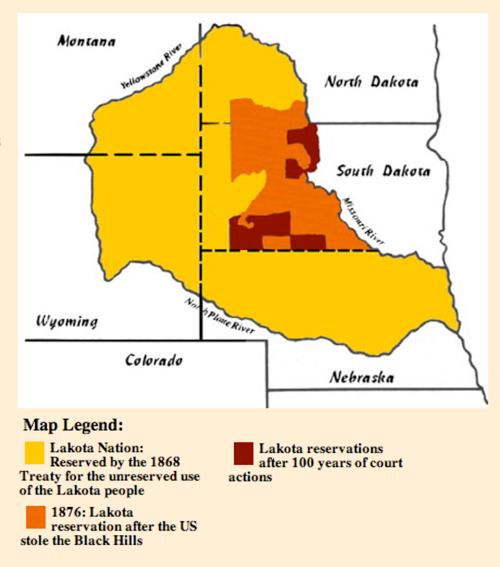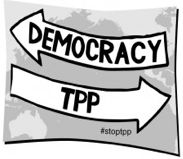
For the Uranium Exploration and Mining Accountability Act
by Curtis Kline, Intercontinental Cry
Native Americans in the northern Great Plains have the highest cancer rates in the United States, particularly lung cancer. It’s a problem that the United States government has woefully ignored, much the horror of the men and women who must carry the painful, life-threatening burden. The cancer rates started increasing drastically a few decades after uranium mining began on their territory.
According to a report by Earthworks (PDF), “Mining not only exposes uranium to the atmosphere, where it becomes reactive, but releases other radioactive elements such as thorium and radium and toxic heavy metals including arsenic, selenium, mercury and cadmium. Exposure to these radioactive elements can cause lung cancer, skin cancer, bone cancer, leukemia, kidney damage and birth defects.”
Today, in the northern great plains states of Wyoming, Montana and the Dakotas, the memory of that uranium mining exists in the form of 2,885 abandoned open pit uranium mines. All of the abandoned mines can be found on land that is supposed to be for the absolute use of the Great Sioux Nation under the 1868 Fort Laramie Treaty with the United States.
Continue ReadingURANIUM MINING AND NATIVE RESISTANCE



